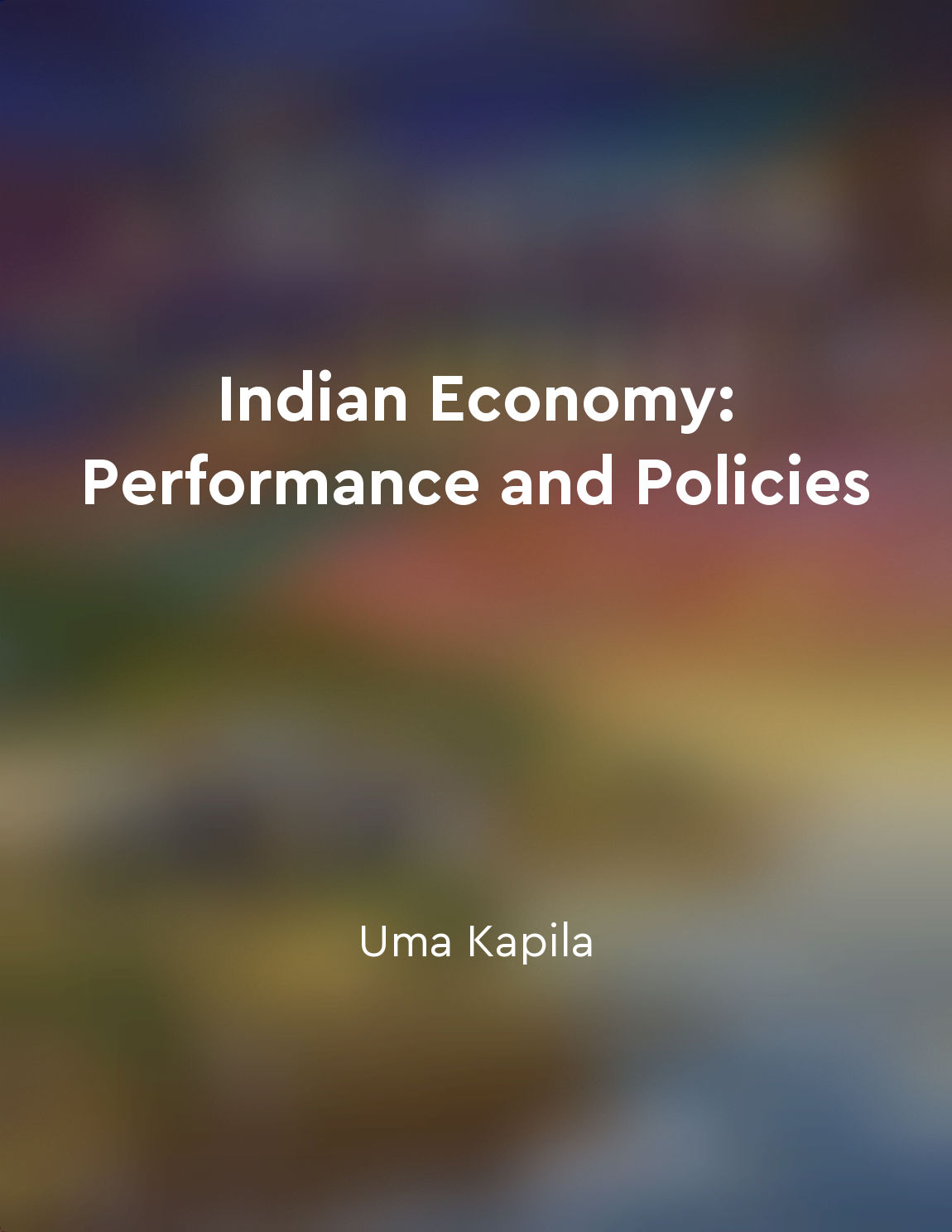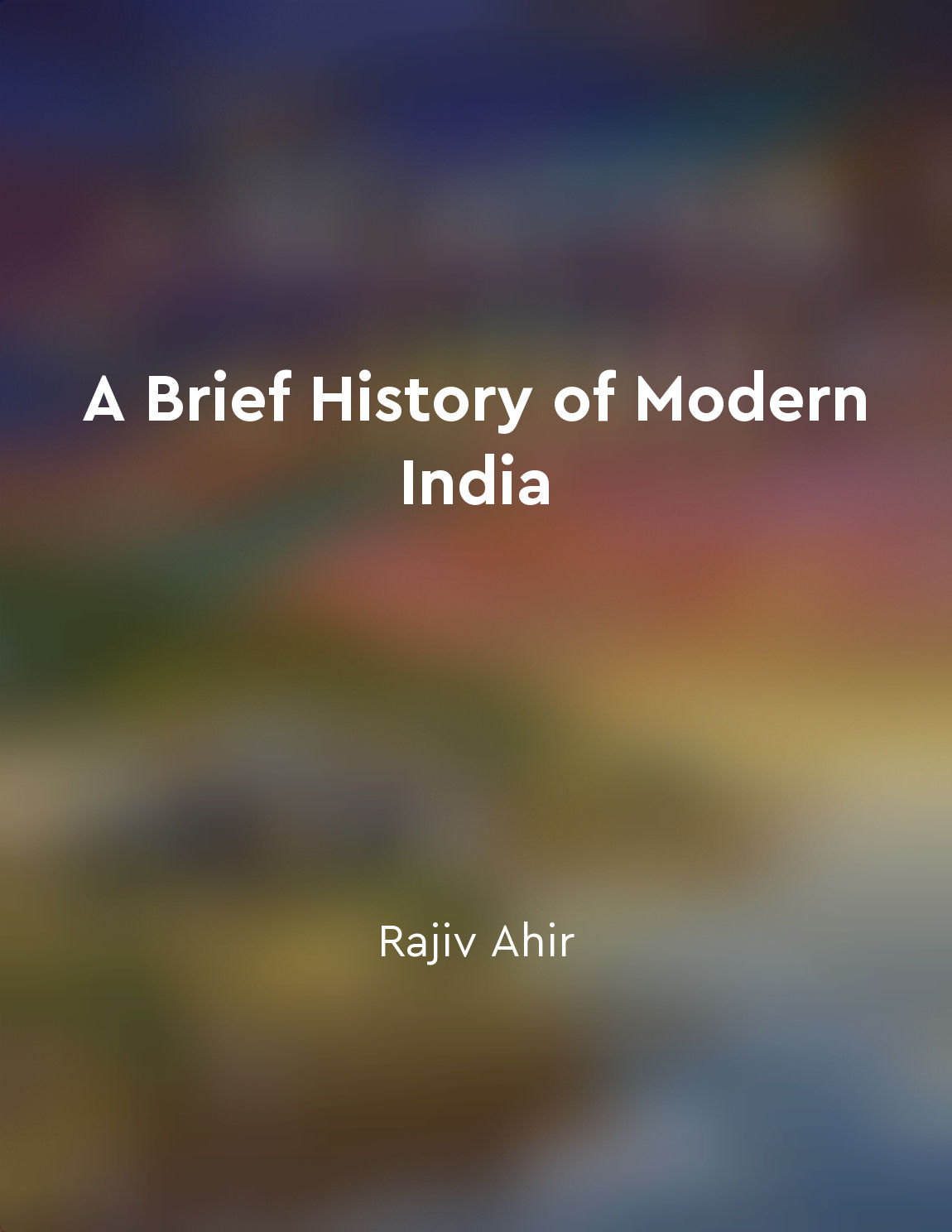Audio available in app
Challenges of postindependence India from "summary" of India's Struggle for Independence by Bipan Chandra,Mridula Mukherjee,Aditya Mukherjee,K N Panikkar,Sucheta Mahajan
After attaining independence in 1947, India faced a multitude of challenges that needed to be addressed in order to build a strong and prosperous nation. One of the most pressing issues was the task of nation-building itself. The country was divided along religious lines during Partition, leading to the displacement of millions of people and creating deep-seated communal tensions that threatened to tear the young nation apart. The task of integrating these diverse communities into a unified nation was a monumental one that required careful planning and implementation. Another major challenge was that of socio-economic development. India was a predominantly agrarian society at the time of independence, with a large population living in poverty and deprived of basic amenities such as food, shelter, and healthcare. The government had to formulate policies to address these pressing issues and uplift the standard of living of the masses. Industrialization was seen as a key driver of economic growth, and efforts were made to promote the growth of key industries and create employment opportunities for the growing population. The issue of social inequality was also a major challenge that post-independence India had to grapple with. The caste system, which had been a source of oppression and discrimination for centuries, needed to be dismantled in order to create a more equitable society. The government introduced affirmative action policies such as reservations to uplift the marginalized sections of society and ensure their representation in various spheres of public life. However, the implementation of these policies was not without its challenges, as they often sparked backlash from privileged groups who saw them as a threat to their own interests. Furthermore, India had to establish itself as a sovereign nation on the global stage and assert its independence in the face of powerful international forces. The country was faced with the task of forging diplomatic relations with other nations, navigating the complexities of the Cold War, and asserting its position as a leader of the non-aligned movement. India had to carve out a space for itself in the international arena while also addressing its own domestic challenges and priorities.- The challenges of post-independence India were vast and multifaceted, requiring a careful balancing act on the part of the government and the people. The nation had to overcome deep-rooted divisions, address socio-economic disparities, combat social inequality, and assert itself on the global stage in order to emerge as a strong and prosperous nation. The road to progress was fraught with obstacles, but India showed resilience and determination in the face of adversity.
Similar Posts

Financial inclusion inclusive growth initiatives
Financial inclusion initiatives are a crucial component of inclusive growth strategies in the Indian economy. These initiatives...

Economic policies in independent India
After gaining independence in 1947, India faced the daunting task of rebuilding its economy and ensuring the prosperity of its ...
The Indian economy is one of the fastestgrowing in the world
Throughout the centuries, India has been known for its rich history and diverse culture. However, in recent years, the focus ha...
Buddhist and Jain teachings influenced Indian culture
The teachings of Buddhism and Jainism left a lasting impact on the culture of ancient India, shaping the beliefs and practices ...
The Green Revolution transformed India's agricultural practices
The introduction of the Green Revolution in India marked a significant turning point in the country's agricultural practices. T...
Emphasis on holistic development of Scheduled Castes communities
The holistic development of Scheduled Castes communities is crucial for their overall well-being and progress. This concept inv...
Governor
The Governor is the constitutional head of the State government and represents the President in the State. The Governor is appo...
Calls for increased investment in infrastructure in Scheduled Castes areas
The need for increased investment in infrastructure in Scheduled Castes areas is a pressing issue that demands urgent attention...
British rule in India led to major political and social changes
The British rule in India had a profound impact on the political and social landscape of the country. The British East India Co...

